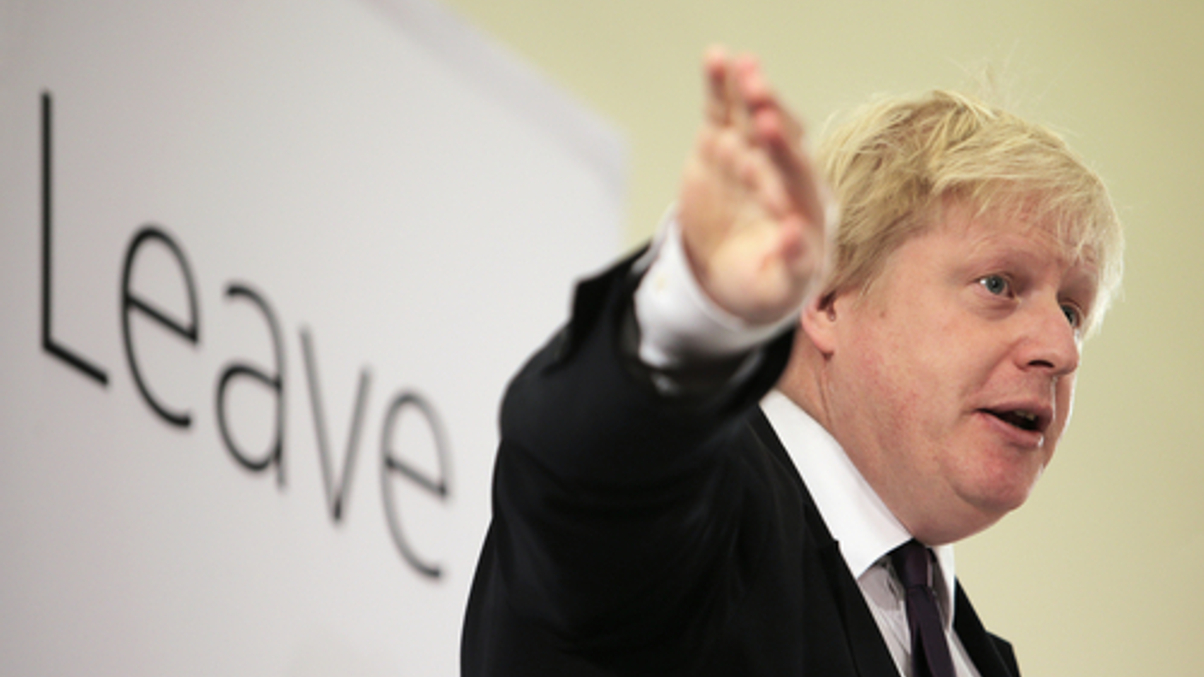Market Views: Bracing for no-deal Brexit under BoJo
Four investment experts share their views on how Brexit might proceed under new UK prime minister Boris Johnson and how investors should prepare for the eventual outcome.

Back in January, AsianInvestor asked a group of investment management pundits for their views on Britain's looming departure from the European Union and its possible effects on markets.
Sign in to read on!
Registered users get 2 free articles in 30 days.
Subscribers have full unlimited access to AsianInvestor
Not signed up? New users get 2 free articles per month, plus a 7-day unlimited free trial.
¬ Haymarket Media Limited. All rights reserved.


